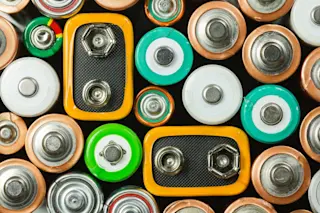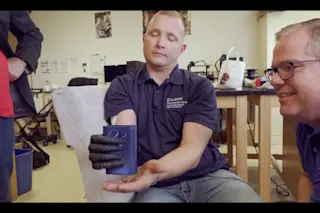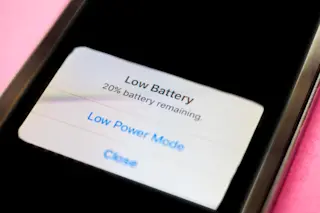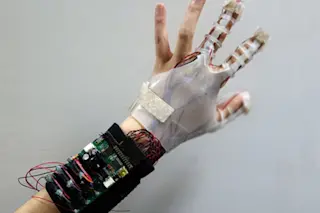The tiny batteries in your remote or key fob are convenient, but to a hungry (or curious) kid, they can pose a threat. The thousands of children a year who swallow them face throat burns, digestive tract damage and even death.
Now a study in the Proceedings of the National Academy of Sciences details how scientists made working batteries that are virtually harmless inside our bodies.
Researchers coated batteries with a silicon-based material and metal particles, then fed them to pigs. The waterproof and pressure-sensitive coating didn’t hurt the pigs, and the batteries remained functional in small electronic devices.
Senior author Jeff Karp, a biomedical engineer at Brigham and Women’s Hospital in Boston, hopes to see scalable prototypes this year.














